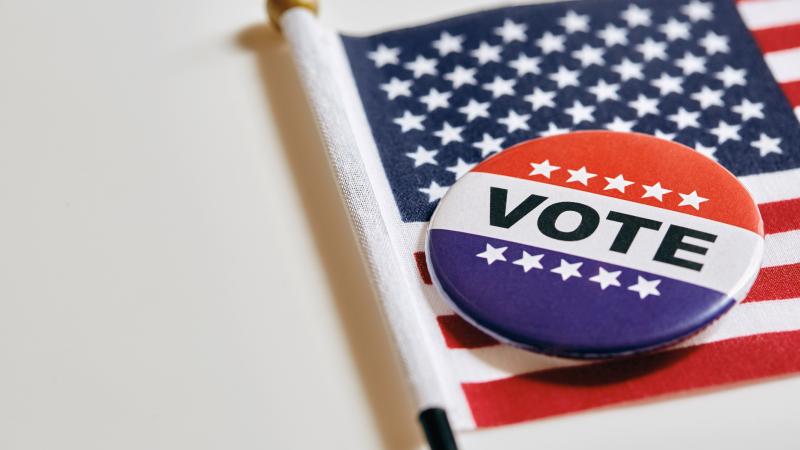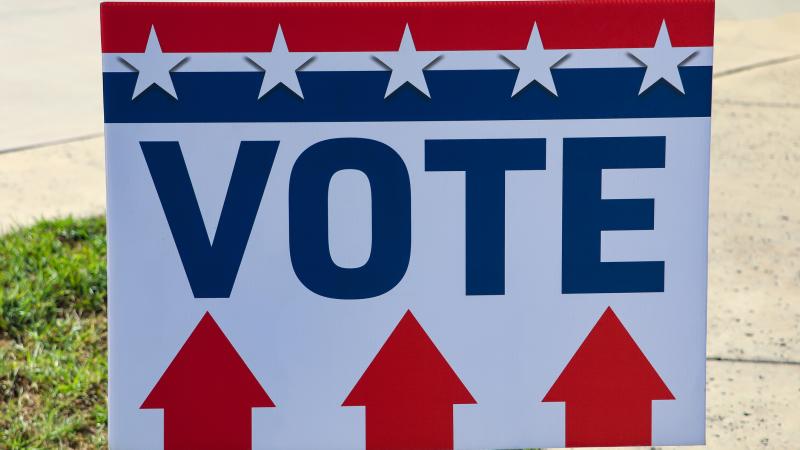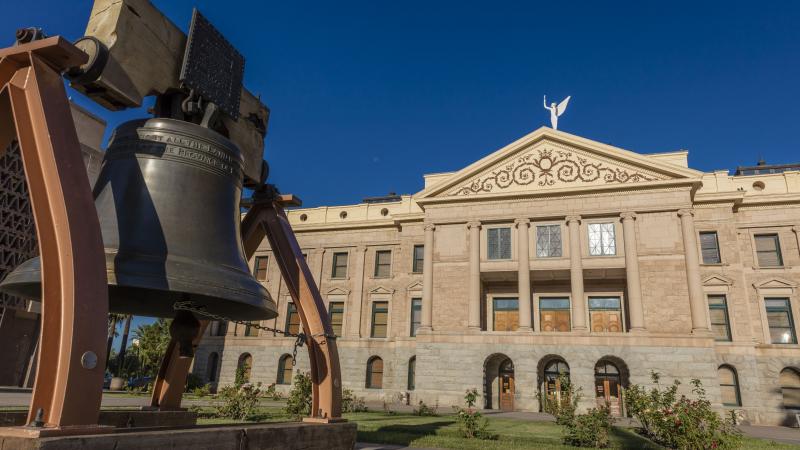Maine voters reject voter ID; approve 'red flag' law
Under the proposal, Maine voters would need to show a driver’s license, passport, military ID, or a "free nondriver identification card" to cast their ballots.
(The Center Square) -
Maine voters on Tuesday rejected a ballot question requiring voter ID for elections but approved a red flag law allowing police to seize weapons from people deemed a threat to themselves or others.
With about 50% of the vote counted Tuesday night, Question 1 was defeated by 59.5% to 40% while Question 2 was approved by a vote of 58.7% to 41.3%, according to a preliminary tally by the Associated Press.
Question 1 had called for setting a requirement for Mainers to present a valid state ID or driver’s license to vote, limits the number of "drop" boxes for ballots and restricts the state's absentee mail balloting process.
Under the proposal, Maine voters would need to show a driver’s license, passport, military ID, or a "free nondriver identification card" to cast their ballots. Voters who cast their ballots through the mail would be required to include a photocopy of their identification sent to local election clerks for processing, according to the plan.
Backers of the plan said requiring ID to cast ballots would strengthen election integrity, protect "legitimate" ballots, and ensure confidence in Maine’s democratic process.
But critics argued the ballot question, if approved, would disenfranchise the elderly and disabled by dismantling the state’s absentee voting process and taking away control of the voting process from local election clerks.
Top Democrats Gov. Janet Mills and Secretary of State Shenna Bellows — who is running for governor — both urged voters to reject the ballot question.
Question 2 was a citizen-led initiative that asked voters to approve a red flag law, which would authorize families and law enforcement to petition a judge to temporarily restrict a person's access to firearms.
The measure will allow police, friends or relatives of a legal gun owner to seek an "extreme risk protection" order if they believe that person poses a risk to themselves or others.
Supporters of the plan, including the Maine Gun Safety Coalition, say that means laws aren't sufficient to prevent people with mental illness from accessing firearms. Maine currently has a 'yellow flag' law that allows some weapons to be confiscated, but advocates said the law needs to be strengthened.
Debate over the ballot question was fueled by the 2023 Lewiston mass shooting where an Army reservist with a documented history of mental illness killed 18 people before turning the gun on himself.
The National Rifle Association was among those who opposed Question 2, saying in a recent statement that a red flag law would put Mainers "at risk of becoming felons for the simple act of transferring a firearm to a family member, friend, or neighbor."
Polls conducted ahead of the election showed voters equally divided over the ballot questions, largely along party lines. Republicans overwhelmingly supported Question 1 but opposed the red flag proposal; while Democrats opposed the voter ID plan and supported Question 2, according to a University of New Hampshire Survey Center poll released a week before the election.














